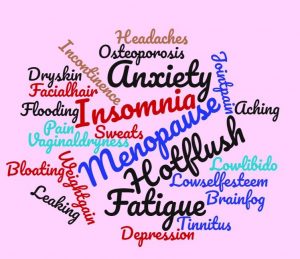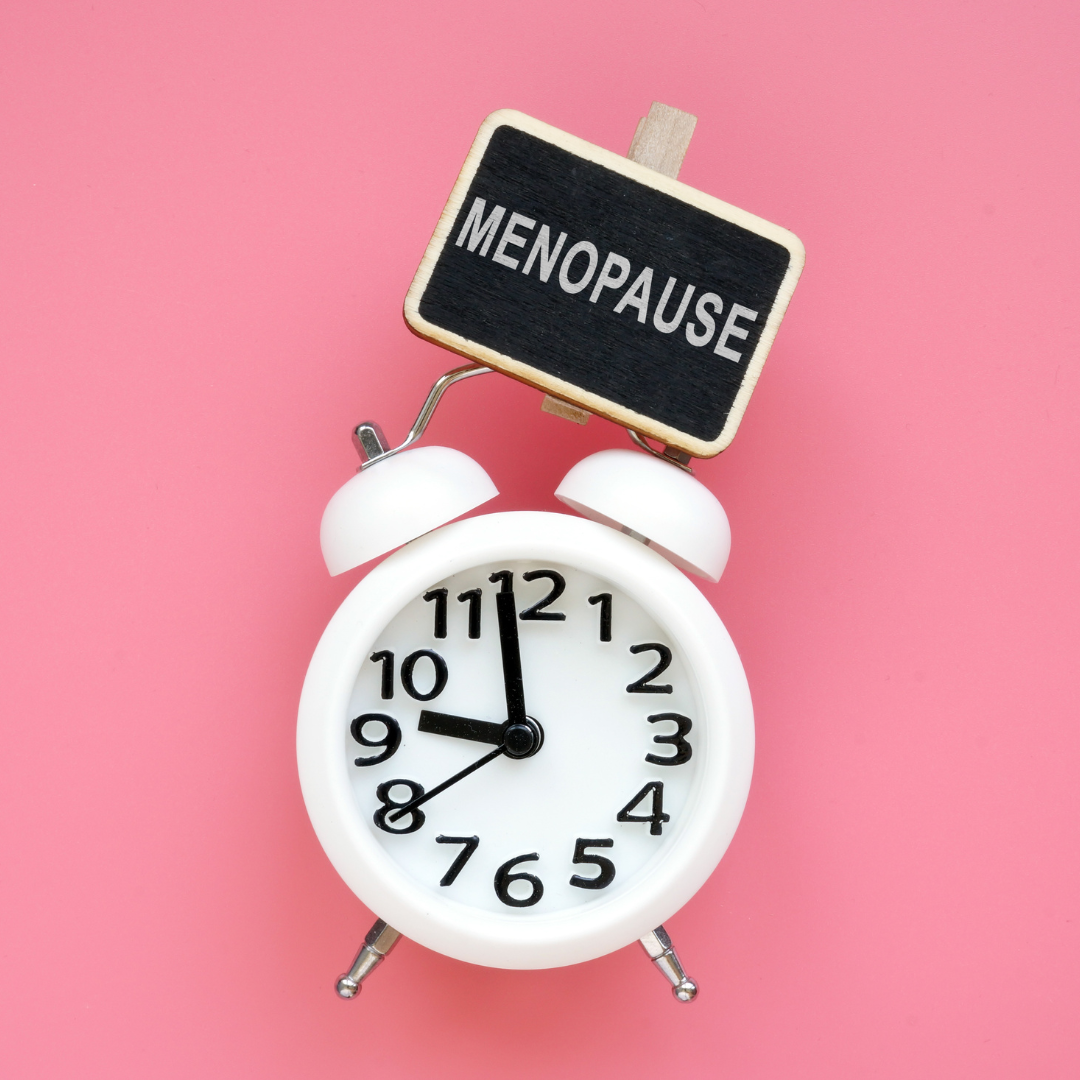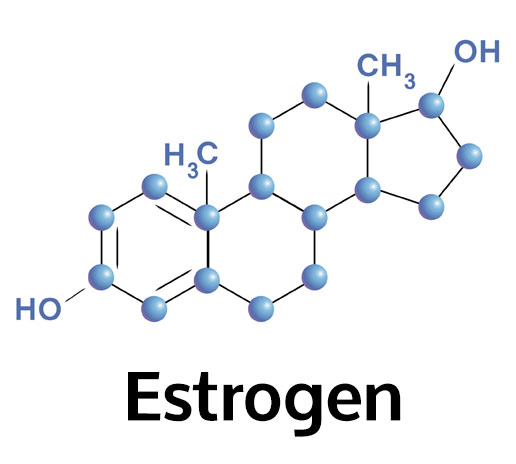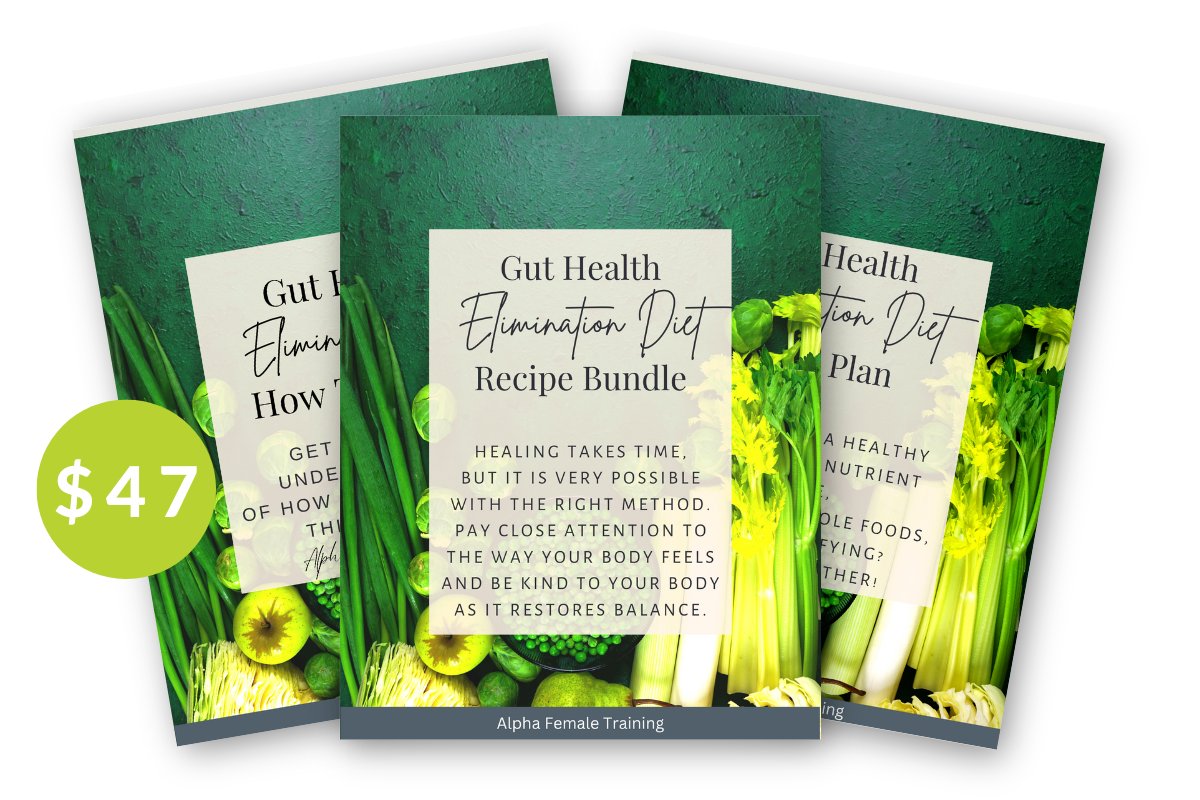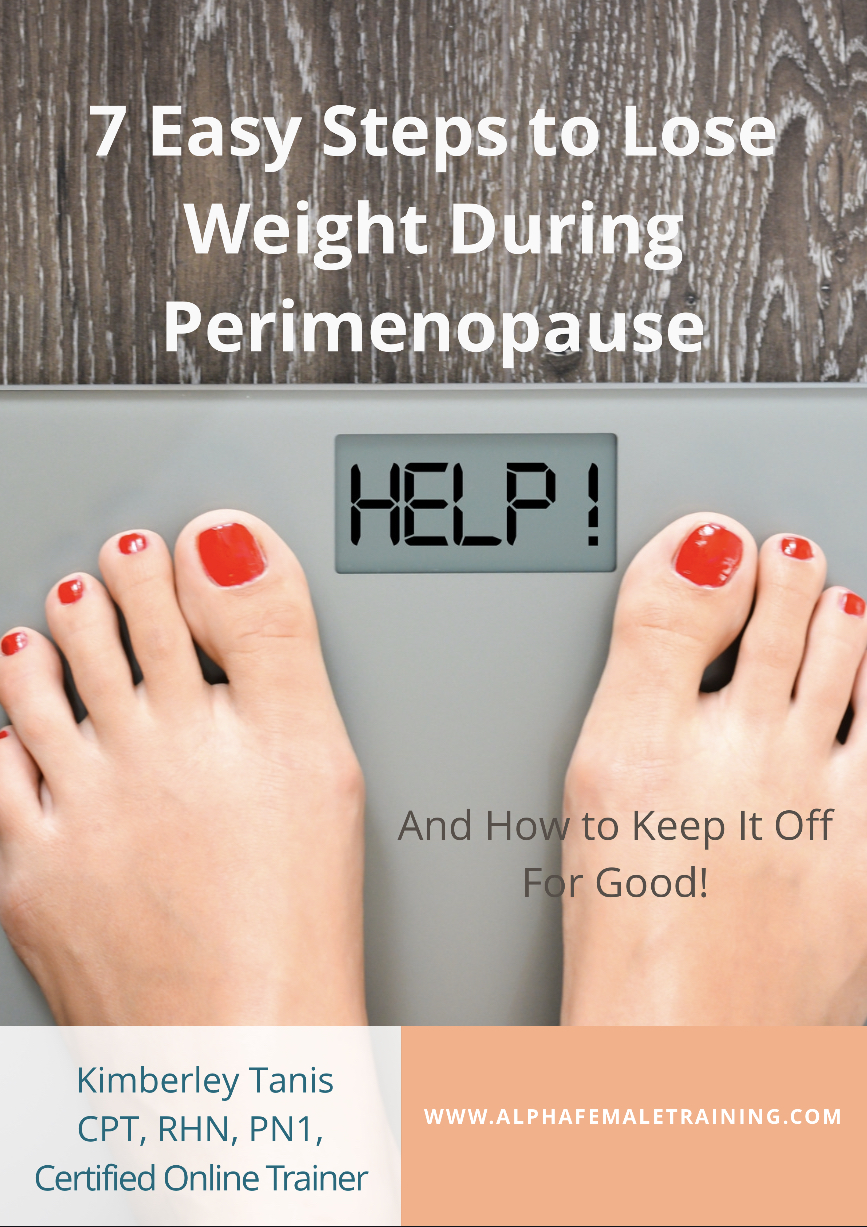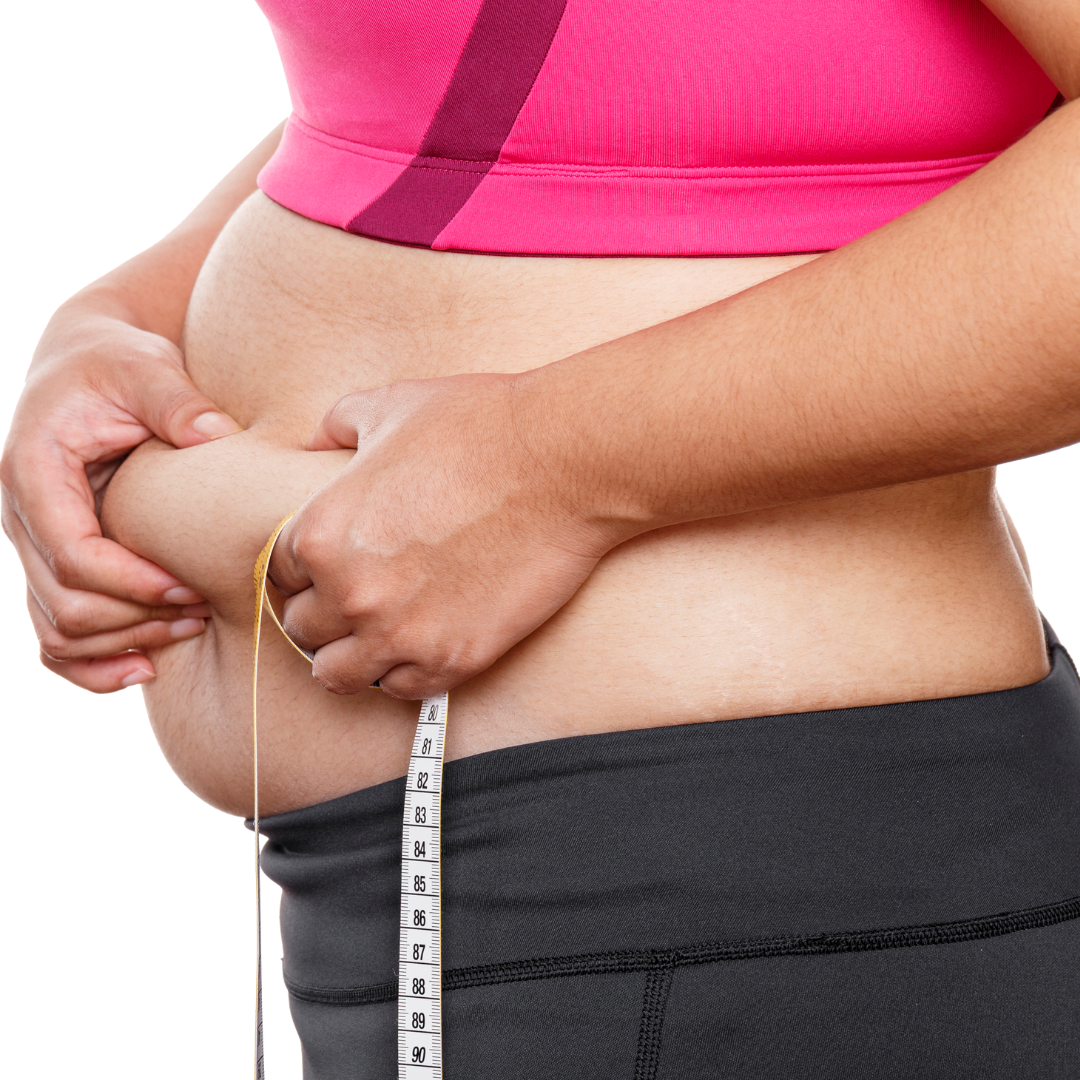Menopause Weight Loss Strategies
Menopause Weight Loss Strategies : What's Going On and Why Losing Weight Is Harder Now
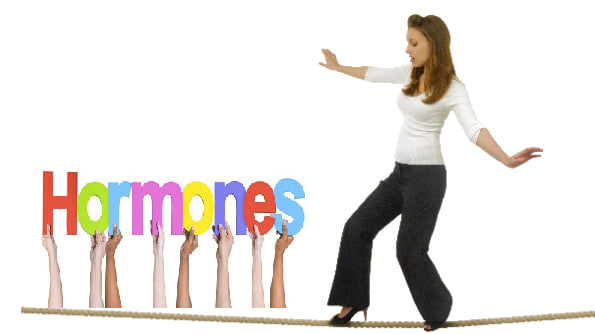
Many women during the menopausal years experience an increase in weight gain and a change in their body shape.
It's not unusual for women and many of my personal clients to complain of gaining between 9 and 22 pounds seemingly out of the blue without changing their eating habits.
We not only gain experience weight during menopause; our entire body shape changes. Our declining estrogen levels lead to an increase in visceral abdominal fat (internal organ body fat), otherwise known as the dreaded “menopause belly“.
The hormonal changes due to menopause also affect the levels of our cortisol, insulin, leptin and thyroid hormones. This effects our metabolism which can result in :
- Lessened ability to burn fat for energy
- An increase in appetite and cravings
- A stronger sensitivity to blood sugar changes
- Changes in how we metabolize carbohydrates
- Reduced ability to digest and absorb protein from our diet.
Weight gain during perimenopause
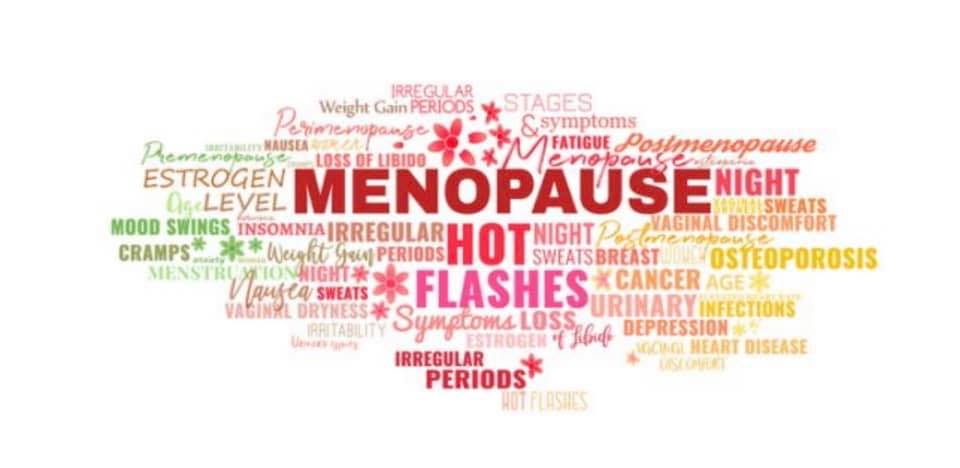
Symptoms of perimenopause can also cause hormonal changes and symptoms such as:
- a much higher sensitivity to stress
- a decrease in overall energy
- higher inflammation in the body
- problems with digestion
- sudden food intolerances
- acne
- mood swings
- hot flashes
- erratic periods or flooding
- changes in sleep
Given all the craziness that occurs within a woman's body during the menopause transition, it is not surprising that many women find menopause weight loss to be an incredible challenge. Our old ways of managing our weight through dieting, calorie restriction and skipping meals absolutely does not work anymore.
Hormonal Imbalances and Weight Gain

One of the first things you may notice during perimenopause is the dreaded weight gain (usually right around the belly) that you can’t explain or account for based on your lifestyle. It's one of the most common complaints I get from clients who are over 40.
In the early part of perimenopause, the ovaries produce high amounts of estrogen (estrogen dominance) in relation to the amount of progesterone, which causes rapid weight gain. Despite eating and exercising the same as before – many women experience a gain of up to 22 pounds (sometimes seemingly overnight).
The last year leading up to the inevitable end of your period is usually the most difficult in terms of your unpredictable hormonal symptoms and subsequent weight gain. This is due to the crazy fluctuations in your estrogen and progesterone as the ovaries begin winding down and then finally stop producing those hormones altogether. It's literally a hormonal rollercoaster during this time.
Once you’ve survived one full year without a period, (which does have it's benefits!) you’ve finally arrived at postmenopause (official term.) At this stage in your journey estrogen and progesterone levels are now very low.
Usually, a woman's weight tends to even out, but it does become difficult to lose weight and excess body fat through dieting or calorie reduction. Fat gain around the waist at this stage is incredibly stubborn and wants to remain whether we like it or not.
Estrogen changes where your fat is stored.
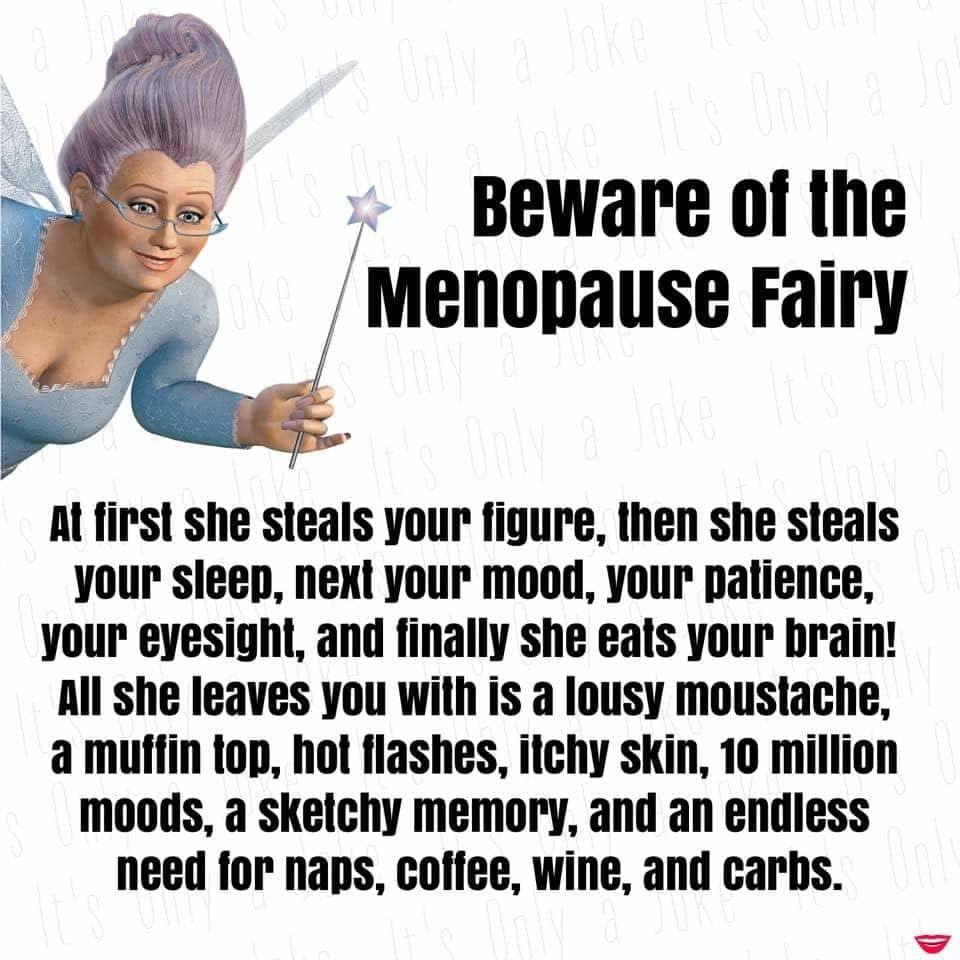
Prior to going through perimenopause, estrogen is our friend and likes to deposit fat in our booty, hips, and thighs. During perimenopause, fluctuating estrogen levels lead to a dramatic increase in stomach or belly fat which causes a change in our body shape. Many women find they go from looking like more of a pear shape to an apple shape instead. Additionally you may find that your breasts keep on growing as well and your bras become too tight.
Menopause Weight Loss Strategies
Losing weight through the perimenopause and menopause transitional years needs to focus on 3 main things.
- Prioritizing Nutrition: To balance your hormones, boost metabolism and remove the toxins that can lead to weight gain.
- Fitness and Exercise: To help burn more body fat without stressing out the body.
- Simple Lifestyle Changes: To reduce stress and improve quality of your sleep .
Nutritional changes for losing weight during menopause
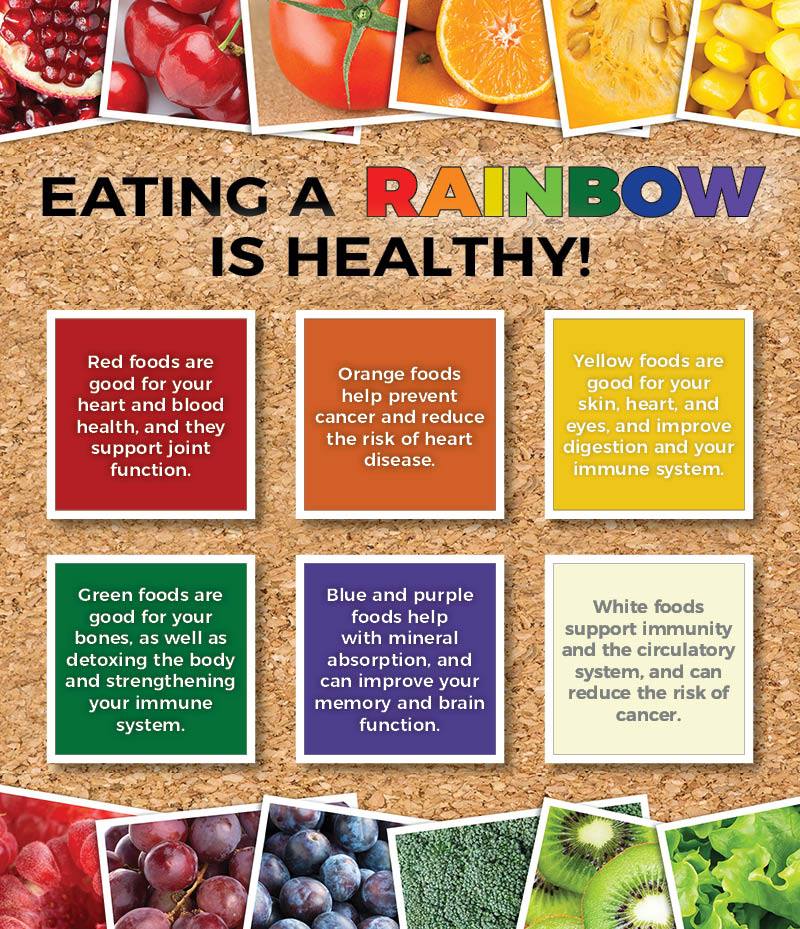
Toxic things you should consider avoiding now that will make your weight gain worse.
No more dieting and deprivation - think of getting the good things in and pushing the bad ones out. It's time to make a lifestyle change in what you're currently doing and start eating for your overall and hormonal health and not just because something tastes good in the moment. Prioritize avoiding the common toxins below that can lead to weight gain and start eating the right hormone balancing foods every day.
- Caffeine: releases cortisol into the bloodstream, which affects our blood sugar levels, increasing our appetite and cravings and telling our bodies we're under stress and need to store more fat. Caffeine also makes our hormonal symptoms worse, especially hot flashes, irritability and stress.
- Alcohol: you may have found that you don’t metabolize alcohol like you used to, and it can cause you to gain weight more easily. Alcohol also makes our hormonal symptoms worse, especially sleep problems and hot flashes, which in turn leads to more weight gain. It puts added stress on our liver which is our most important fat burning organ and many women find themselves drinking more alcohol at this age because they are feeling very uncomfortable in their bodies.
- Sugar and highly processed foods: literally the more sugar and refined carbohydrates our body is given, the more of them that it wants, which can lead to insulin resistance and storing of more body fat as well as riding the up and down blood sugar roller coaster.
Hormone balancing foods for menopause weight loss strategies.
Many plant-based foods like seeds, green leafy vegetables, cruciferous veggies that broccoli, cauliflower and asparagus, flax and chia seeds and nuts can all help to improve the balance of our hormones to help boost our fat-burning metabolism. These foods are also also high in soluble and insoluble fiber, which helps keep our blood sugar more stable to reduce our appetite and cravings. Fiber is super important to naturally remove toxins and waste from the body, making it easier to lose weight.
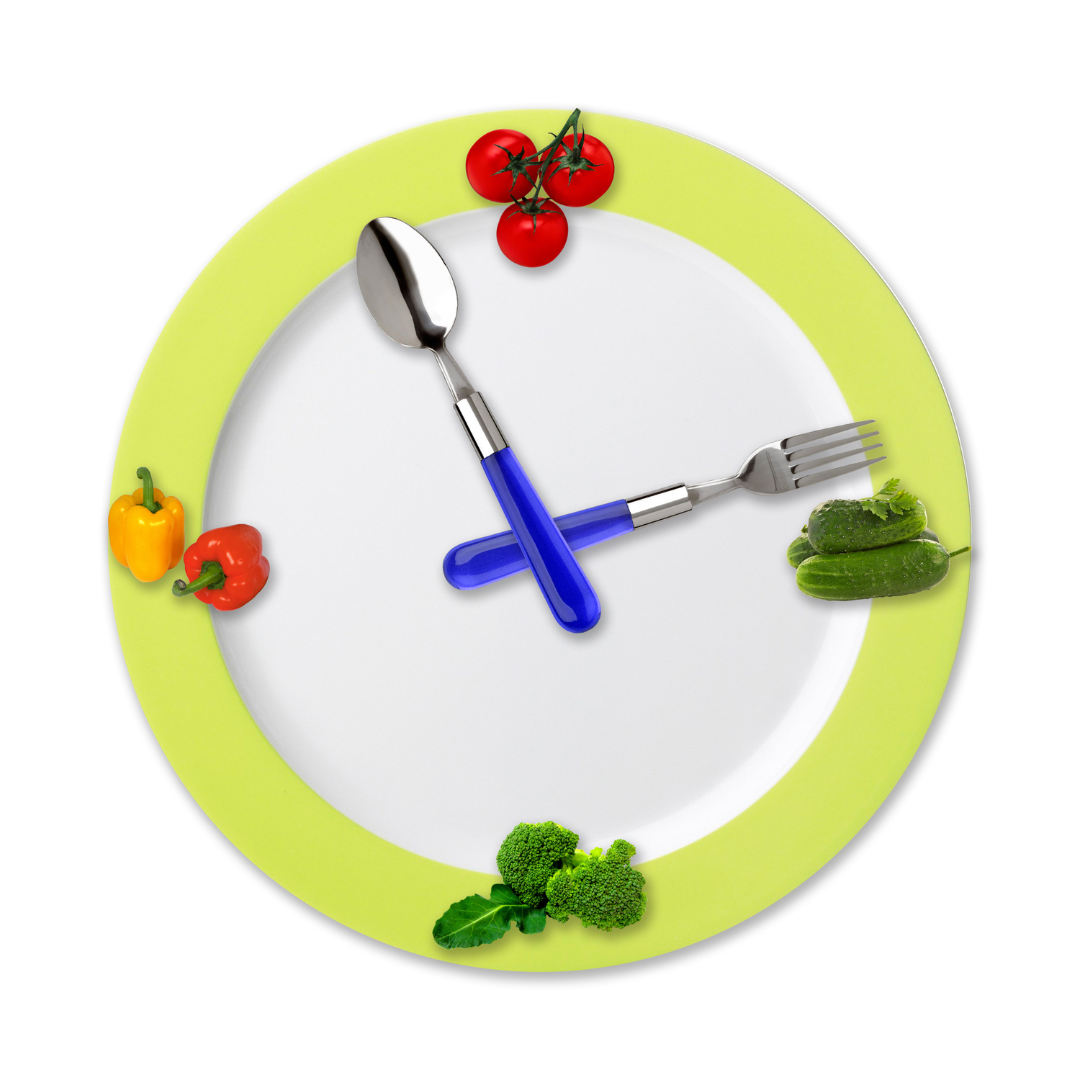
When you eat can be just as important as what you eat.
Many women desperate to lose weight start skipping meals, usually breakfast, try to go super low-carb during the day, and then eat way more at in the evening, leading to blood sugar instability, increased appetite, cravings, and weight gain due to our changing hormone levels and altered metabolism.
When we eat certain food types can have a significant impact on how our body processes them, which in turn can affect our weight. Eating the right foods at the right time of the day can help boost our fat-burning metabolism. Meal timing and a consistent nutrition routine are also crucial to keep our blood sugar levels stable and prevent cravings.
Carbohydrate timing is important in perimenopause and menopause to make the best use of the energy they provide Your digestive system and liver function taper off in the evenings so you don’t metabolize starchier carbohydrates as efficiently.
Consider leaving them out of your evening meal completely and stick to protein and veggies with a little healthy fat for dinner. Starchy carbohydrates at night can also worsen hot flashes for some women, which can in turn affect your sleep quality. Do however have them before and after your workouts.
Watch those portion sizes for weight loss
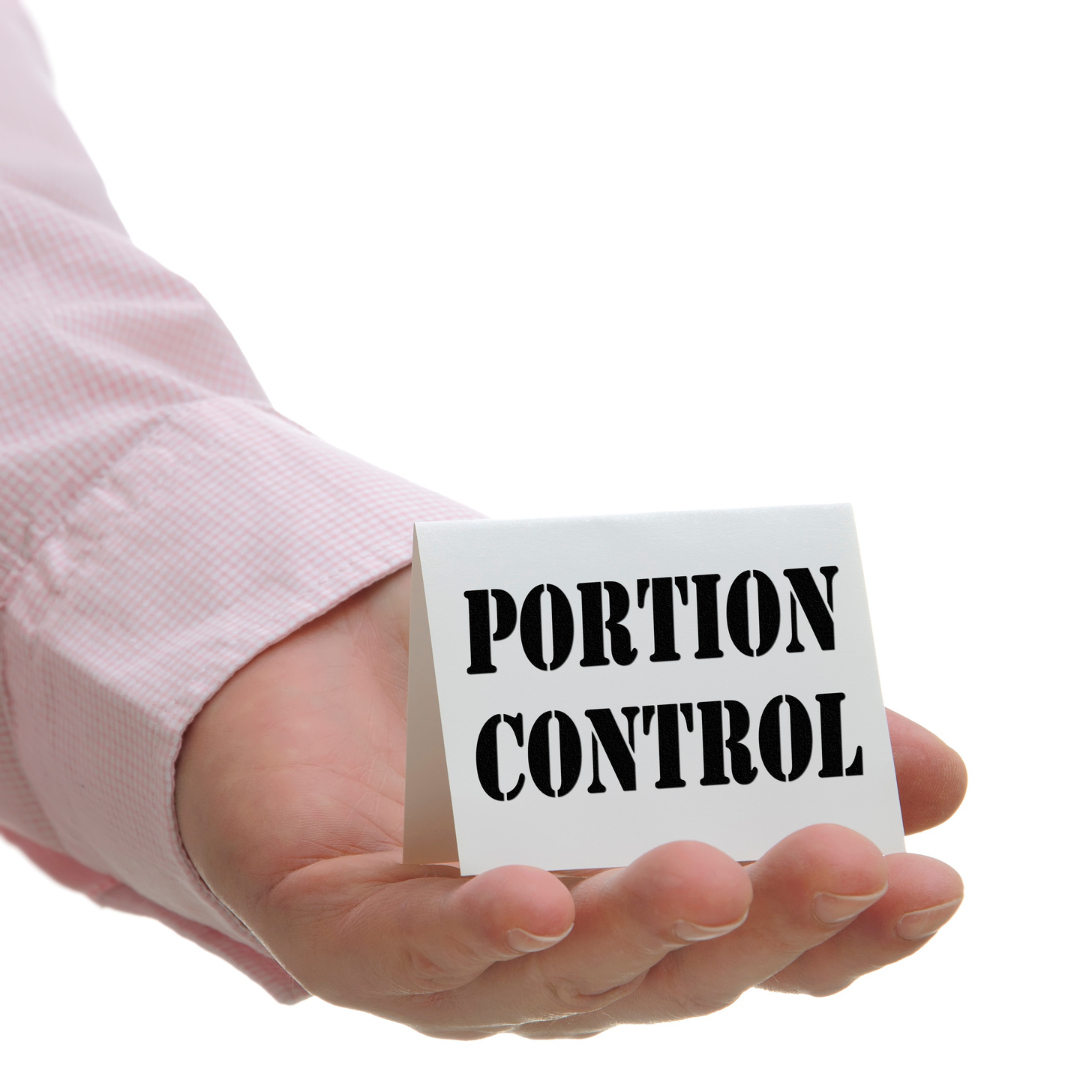
Not eating enough leads to being undernourished, and the lack of essential nutrients means your body doesn’t feel good or function well. The stress of dieting can actually lead to more weight gain if you are not eating at regular intervals then your body will not trust you to feed it and may store more body fat as a result.
Eating the right super nutrient-dense foods in moderate portion sizes so your body and your brain have the energy to function at their best. Many women I’ve coached find they eat more on my nutrition plans yet they still lose weight (without feeling hungry or deprived) because they are finally giving their body what it needs.
The best exercise for losing weight during menopause

During perimenopause, the wrong type of exercise will increase stress and inflammation, making it harder (not easier) to lose weight. One of the best menopause weight loss strategies is to do regular strength/resistance training.
Long or intensive cardio sessions like distance running or spin classes increase the levels of cortisol and adrenalin in your body, which affect your sleep and make you more prone to gaining weight, especially around the tummy.
On the other hand, increasing your lean muscle mass will help to boost your resting rate metabolism, which means you’ll burn more calories at rest. This new lean muscle will also help to tone and firm your body and can reduce cellulite by smoothing the surface of the skin.
My fitness programs include a specific type kind of training for women going through perimenopause and menopause. For example, using full-body exercises designed to improve your lean muscle mass, and your overall strength. This way of exercising helps build new lean muscle to literally change the shape of your body and lose the menopause weight without increasing your stress hormones (cortisol and adrenaline), your bodies inflammation or causing joint pain.
Menopause Weight Loss Strategies - Lifestyle Changes
Many lifestyle factors increase the stress hormones cortisol and adrenaline, making weight loss harder. Reducing stress and improving sleep are two key changes that will help you lose weight more easily.
A regular sleep routine, yoga, meditation, and deep breathing exercises are perfect for activating the parasympathetic nervous system, which helps calm the body and reduce stress hormones.
Try some of these menopause weight loss strategies before you assume you need something artificial.
